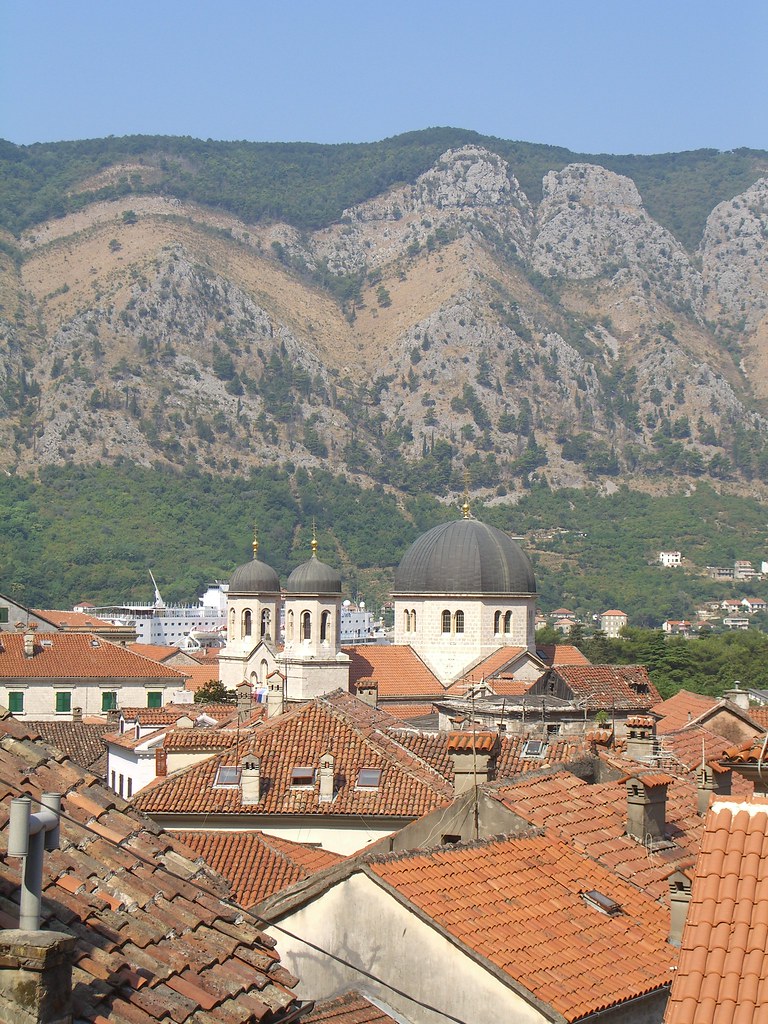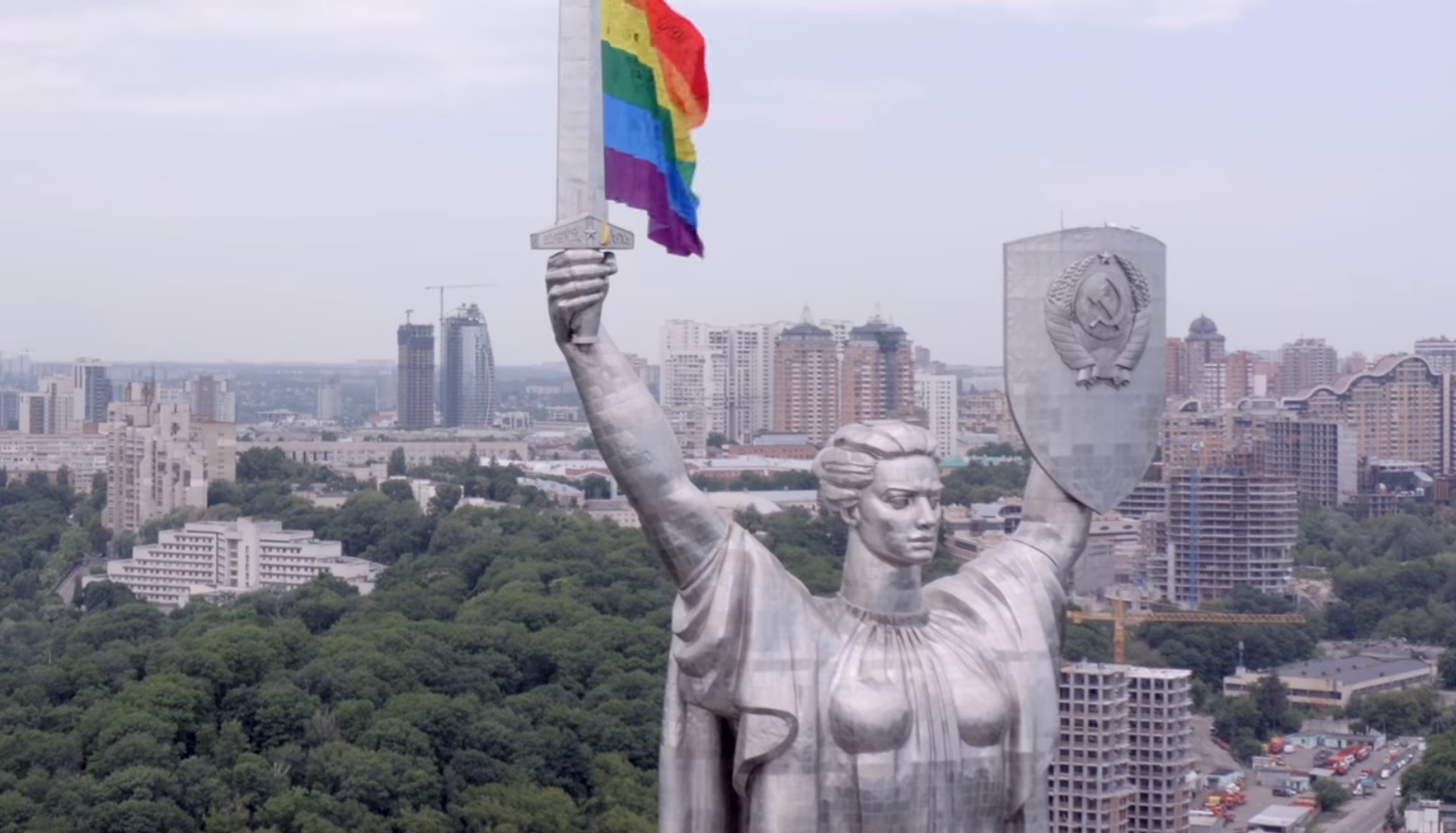Russian Voters Back Referendum Banning Same-sex Marriage
Russian voters supported a national referendum defining marriage exclusively as a union between one man and one woman.
The referendum, which included more than 200 constitutional amendments, also paves the way for Russian President Vladimir Putin to stay in power until 2036 if he so chooses.
The proposals, voted on by the public over the past seven days, were supported by more than two-thirds of voters, though the opposition maintains that the referendum was rigged from the start.
Alphonso David, president of the Human Rights Campaign, an LGBTQ advocacy organization, slammed the gay marriage ban and said Putin is a “threat to the human rights of all.”
“Russia is tripling down on its attacks on the basic human rights and dignity of LGBTQ people by adding constitutional prohibitions against marriage equality,” David said in a statement. “Putin and his administration used propaganda brochures leading up to the election promising a return to ‘traditional family values,’ using marriage between loving couples as a wedge to push through his nefarious agenda. It is shameful, manipulative and malicious.”
The constitutional amendment comes after decades of legal and social oppression of LGBTQ people in Russia.
In 2013, a federal law was passed criminalizing the distribution of materials that promote same-sex relationships to minors. After the passage of the measure, dubbed the “gay propaganda law,” the country saw an increase in anti-LGBTQ violence, according to a 2014 Human Rights Watch report. In 2018, the country banned Pride events, and in 2019, it took action to block LGBTQ groups from officially registering in the country.
Recommended
VIDEOPutin casts ballot in vote that could keep him in power to 2036
WORLDKremlin hails ‘triumph’ as Russians clear way for Vladimir Putin to rule until 2036
More than half of the LGBTQ people surveyed in a 2019 poll by the Russian LGBT Network, an advocacy group, reported experiencing at least one type of violence or abuse due to their gender identity, sexual orientation or both. Over the past several years, there have also been reports of state-sponsored detention, violence and torture against gay and bisexual men in Chechnya, a semi-autonomous Russian region.
Prior to the weeklong vote, the Russian LGBTQ Network issued a statement calling into question the motives of the long list of referendum proposals.
“The main purpose of adopting series of amendments to the constitution is to keep in power a current government and Russian President,” the group said. “We consider other constitutional changes artificial to gain people’s attention.”

